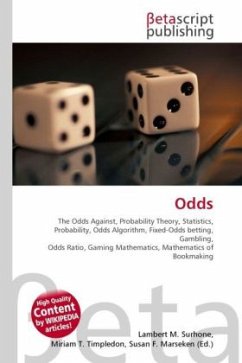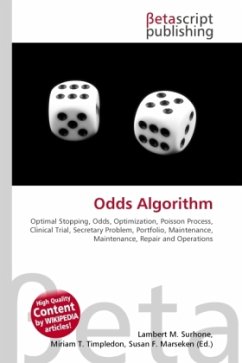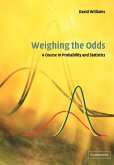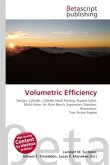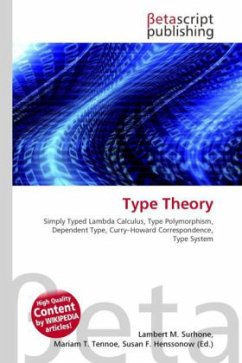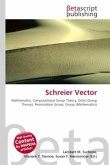High Quality Content by WIKIPEDIA articles! Generally, 'odds' are not quoted to the general public in this format because of the natural confusion with the chance of an event occurring being expressed fractionally as a probability. Thus, the probability of choosing Sunday at random from the days of the week is 'one-seventh' (1/7). A bookmaker may (for his own purposes) use 'odds' of 'one-sixth', the overwhelming everyday use by most people is odds of the form 6 to 1, 6-1, 6:1, or 6/1 (all read as 'six-to-one') where the first figure represents the number of ways of failing to achieve the outcome and the second figure is the number of ways of achieving a favorable outcome: thus these are "odds against". In other words, an event with m to n "odds against" would have probability n/(m + n), while an event with m to n "odds on" would have probability m/(m + n). However, even in probability theory, odds may play a more natural or a more convenient role than probabilities. This is in particular the case in problems of sequential decision making as for instance in problems of how to stop (online) on a last specific event which is solved by the Odds algorithm.
Bitte wählen Sie Ihr Anliegen aus.
Rechnungen
Retourenschein anfordern
Bestellstatus
Storno

